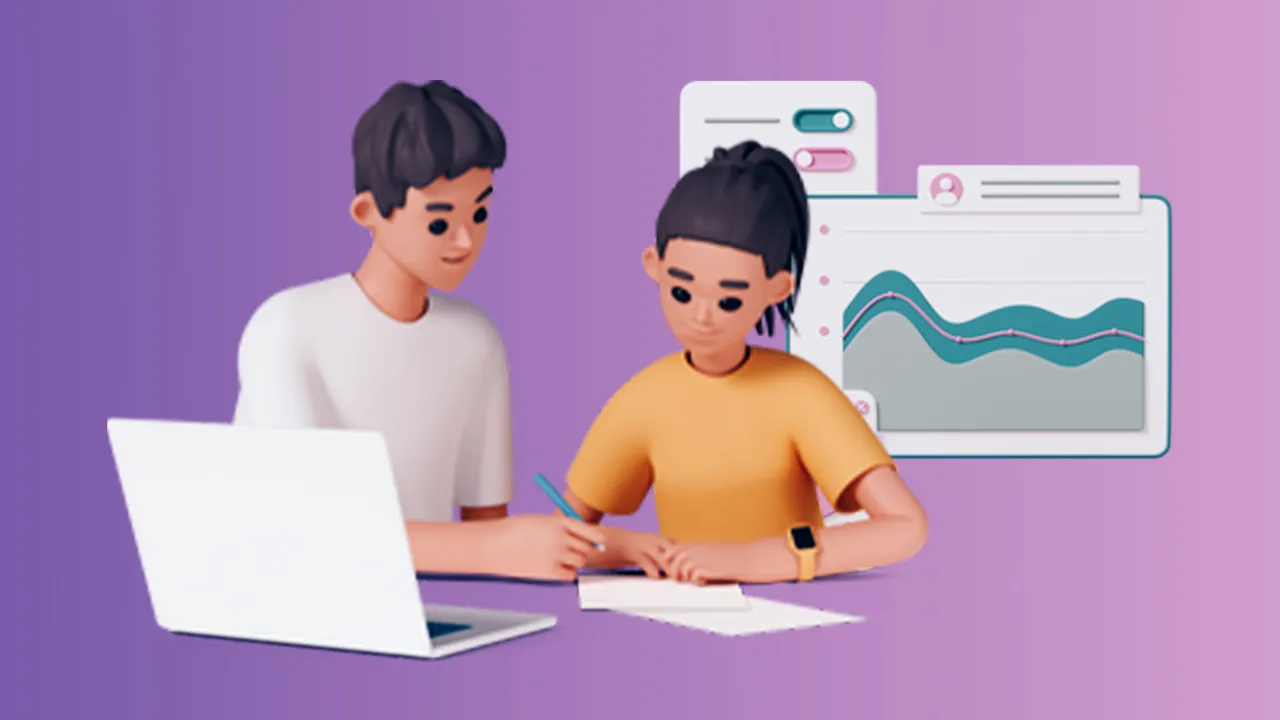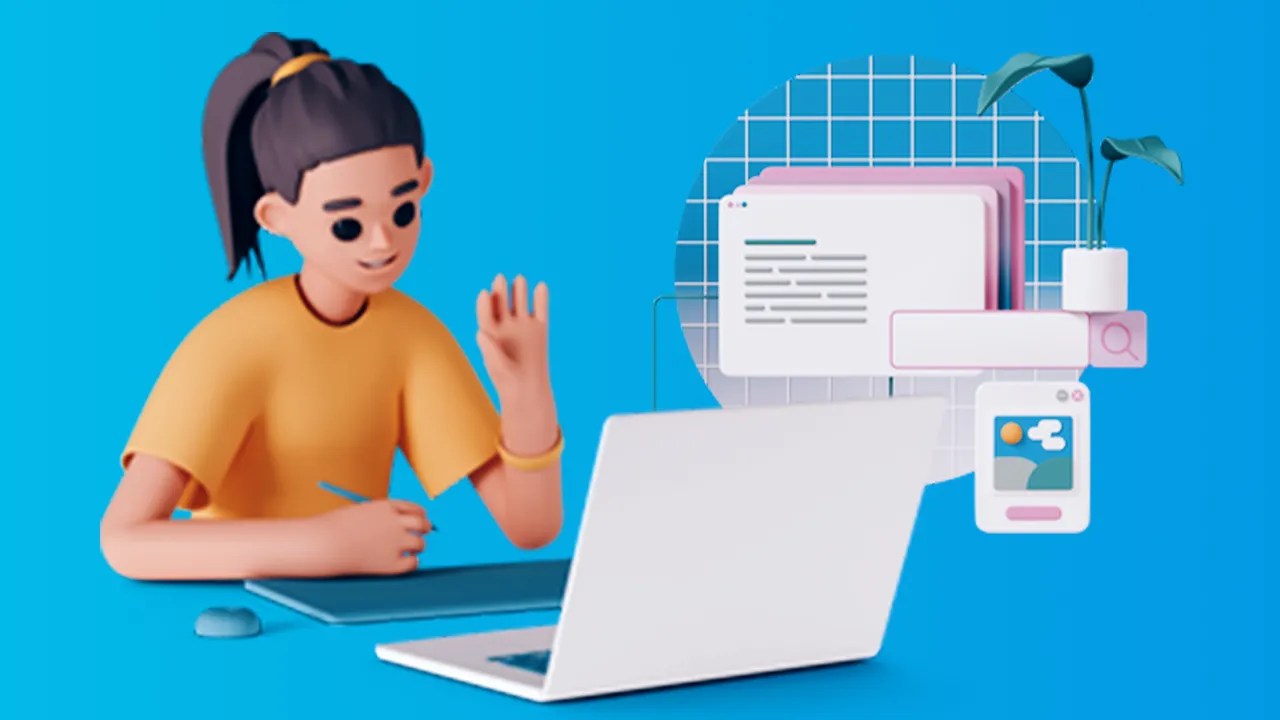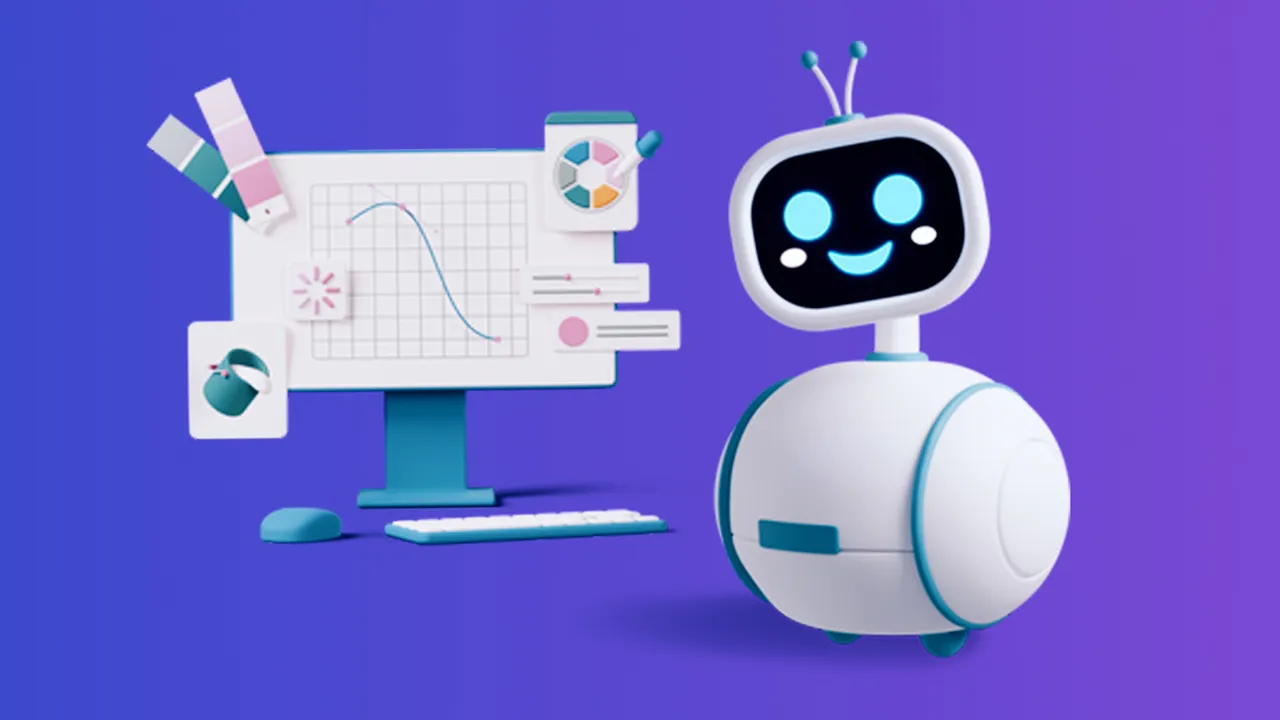Product Design Jobs in the Video Game Industry: The Ultimate Quick Guide
Introduction
The video game industry is constantly evolving and expanding, offering a multitude of career paths for individuals possessing various talents and backgrounds. Within the realm of product design, there are roles that extend beyond game development and focus on designing physical and digital products that supplement the gaming experience or leverage the popularity of video games. This article examines product design positions in the video game sector, the expertise needed, and the steps to get started.
The Significance of Product Design within the Video Game Sector
In the video game industry, product designers are tasked with conceptualizing and developing physical and digital products that improve the gaming experience, market video games or game franchises, or cater to the gaming community. These products may include merchandise, peripherals, software tools, mobile apps, and more. Product designers are required to possess exceptional creative, technical, and communication skills, along with the ability to adapt to a fast-paced and ever-changing industry.
Types of Product Design Positions in the Video Game Sector
Merchandise Designer: These designers focus on creating and developing physical products that promote video games or game franchises, including apparel, collectibles, and accessories. They must have a comprehensive understanding of design principles, materials, and manufacturing processes, and be able to produce visually appealing and marketable products.
Peripheral Designer: Designing gaming hardware and accessories, such as controllers, headsets, and other gaming devices, is the responsibility of peripheral designers. They need a deep understanding of electronics, ergonomics, and industrial design principles, as well as the ability to create functional and aesthetically appealing products.
Software Tool Designer: These designers develop software tools that improve the gaming experience or assist game developers, like modding tools, game engines, or level editors. They need to be proficient in programming languages, software development principles, and user interface design, and be able to create user-friendly and efficient tools.
Mobile App Designer: Mobile app designers develop mobile applications tailored to the gaming community, such as companion apps, social networking apps, or game discovery platforms. They need a thorough understanding of mobile app development principles, user interface design, and platform-specific guidelines, as well as the ability to create engaging and user-friendly apps.
Essential Skills for Product Design Careers
Creativity: Product designers need exceptional creative skills to develop visually appealing and marketable products.
Technical Skills: Proficiency in various design tools, software, and hardware components is crucial for product designers.
Communication Skills: Product designers must collaborate with different stakeholders, such as manufacturers, marketing teams, and other team members, making effective communication essential.
Adaptability: Staying up-to-date with industry trends and developments and adapting to the fast-paced and ever-changing video game industry is vital for product designers.
Problem-Solving Skills: Identifying and resolving design issues and challenges is important for product designers, as their success relies on creating functional and visually appealing products.
Education and Experience
A bachelor's degree in product design, industrial design, or a related field is typically required for product design positions in the video game sector. Many roles also necessitate experience in designing physical or digital products and a thorough understanding of the unique challenges within the video game industry. Aspiring product designers should concentrate on building a robust portfolio showcasing their design skills, creativity, and experience with various product types, and gaining practical experience through the internships or part-time/freelance work that can be found on Hitmarker.
Strategies for Launching a Product Design Career in the Video Game Industry
Develop Your Portfolio: Create a well-rounded portfolio that showcases your product design skills and creativity. Include samples of your work, such as merchandise designs, peripheral concepts, software tool interfaces, or mobile app designs.
Network: Forge connections with other professionals in the industry by attending events, participating in online forums, and engaging with social media groups. Networking can lead to job opportunities, collaborations, and valuable insights from experienced industry professionals.
Gain Experience: Obtain hands-on experience through internships, freelance work, or industry-specific positions. This not only helps you hone your skills but also provides you with valuable contacts and references within the industry.
Tailor Applications: Customize your resume and cover letter to highlight your relevant skills, experiences, and passion for gaming. Showcasing your knowledge of the specific company and its games can demonstrate your enthusiasm and commitment to the role.
Stay Informed: Keep abreast of industry news, trends, techniques, and developments by reading articles, watching webinars, and participating in online discussions. Continuously improve your skills and broaden your knowledge by enrolling in courses, workshops, or attending industry events.
Be Tenacious: Breaking into the video game industry can be challenging, but persistence is key. Keep refining your skills, learning from feedback, and enhancing your portfolio to increase your chances of success.
Conclusion
Product design roles in the video game industry present a diverse array of opportunities for individuals with exceptional creative, technical, and communication skills. By constructing a strong portfolio, networking, gaining experience through opportunities found on Hitmarker, and staying informed about industry trends, aspiring product designers can pave the way for a successful and fulfilling career in this innovative and dynamic field.
-
 Landing a Summer Internship in the Video Game Industry: The Ultimate Quick Guide
Landing a Summer Internship in the Video Game Industry: The Ultimate Quick Guide -
 Entry-level Jobs in the Video Game Industry: The Ultimate Guide
Entry-level Jobs in the Video Game Industry: The Ultimate Guide -
 Junior-level Jobs in the Video Game Industry: The Ultimate Guide
Junior-level Jobs in the Video Game Industry: The Ultimate Guide -
 Intermediate-level Jobs in the Video Game Industry: The Ultimate Guide
Intermediate-level Jobs in the Video Game Industry: The Ultimate Guide -
 Senior-level Jobs in the Video Game Industry: The Ultimate Guide
Senior-level Jobs in the Video Game Industry: The Ultimate Guide -
 Getting into gaming: Strategies for landing your first game development job with Katherine Mould of Keywords Studios
Getting into gaming: Strategies for landing your first game development job with Katherine Mould of Keywords Studios -
 Art and Animation Jobs in the Video Game Industry: An Overview
Art and Animation Jobs in the Video Game Industry: An Overview -
 Business Operations Jobs in the Video Game Industry: An Overview
Business Operations Jobs in the Video Game Industry: An Overview -
 Communications and Marketing Jobs in the Video Game Industry: An Overview
Communications and Marketing Jobs in the Video Game Industry: An Overview -
 Content Creation Jobs in the Video Game Industry: An Overview
Content Creation Jobs in the Video Game Industry: An Overview -
 Game Design Jobs in the Video Game Industry: An Overview
Game Design Jobs in the Video Game Industry: An Overview -
 Game Development Jobs in the Video Game Industry: An Overview
Game Development Jobs in the Video Game Industry: An Overview